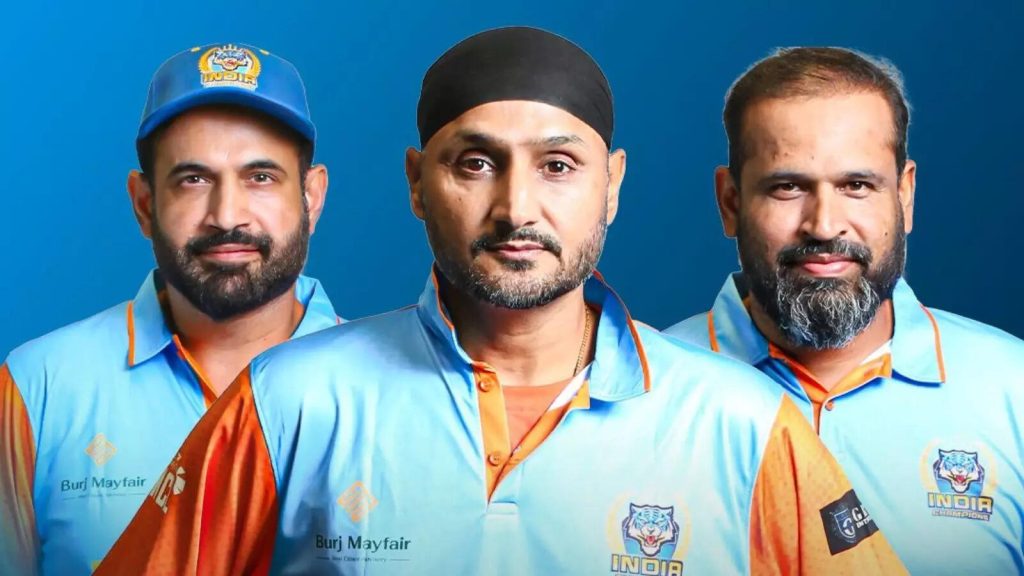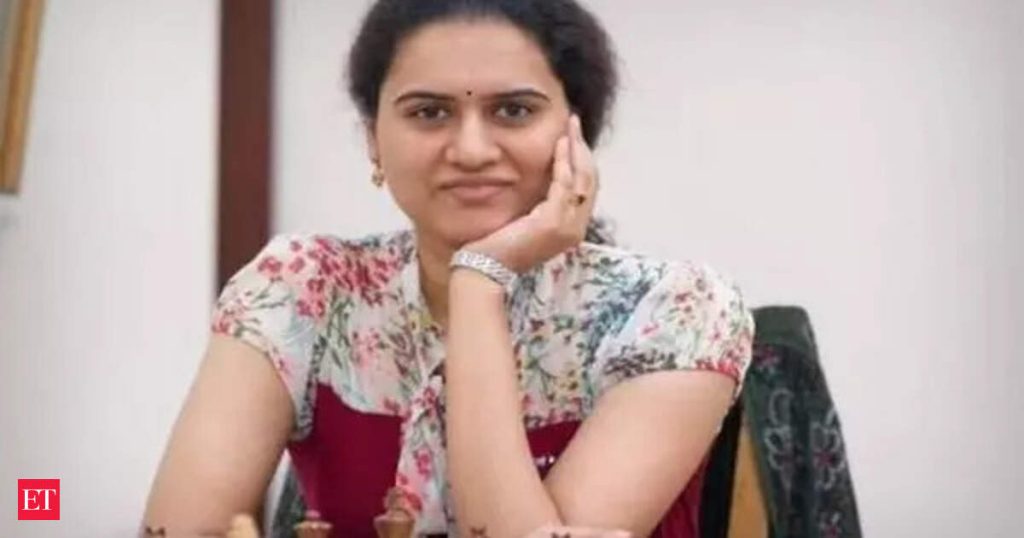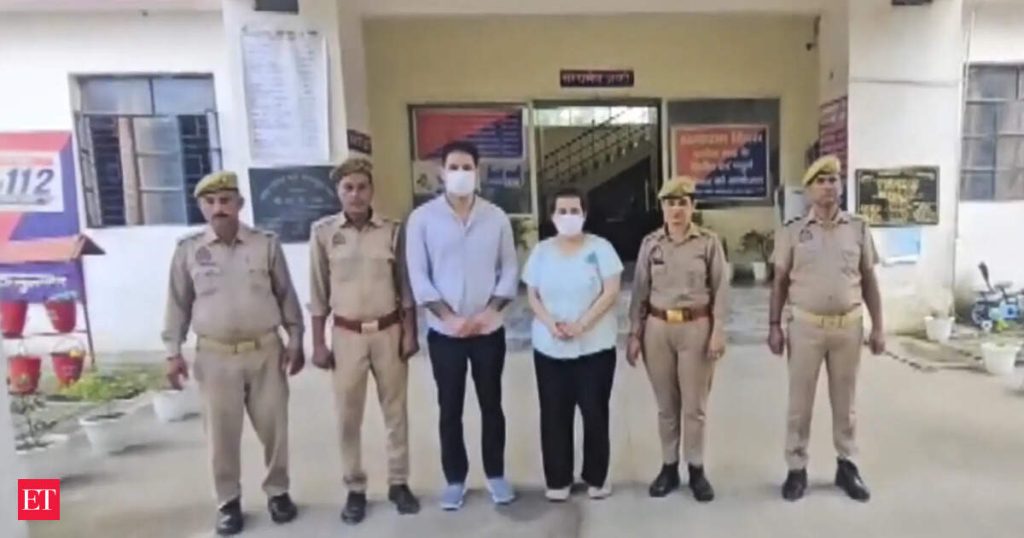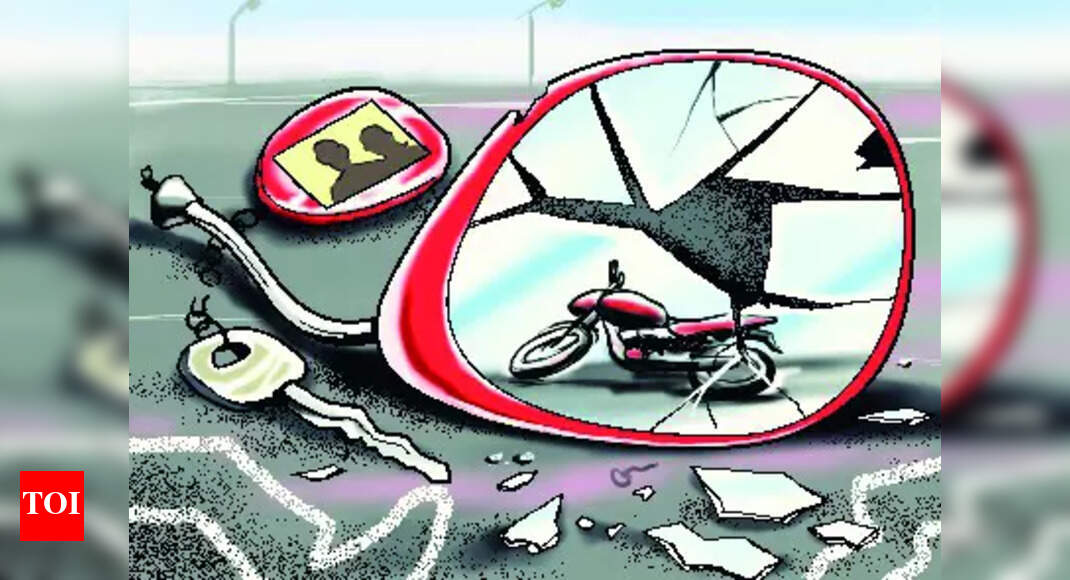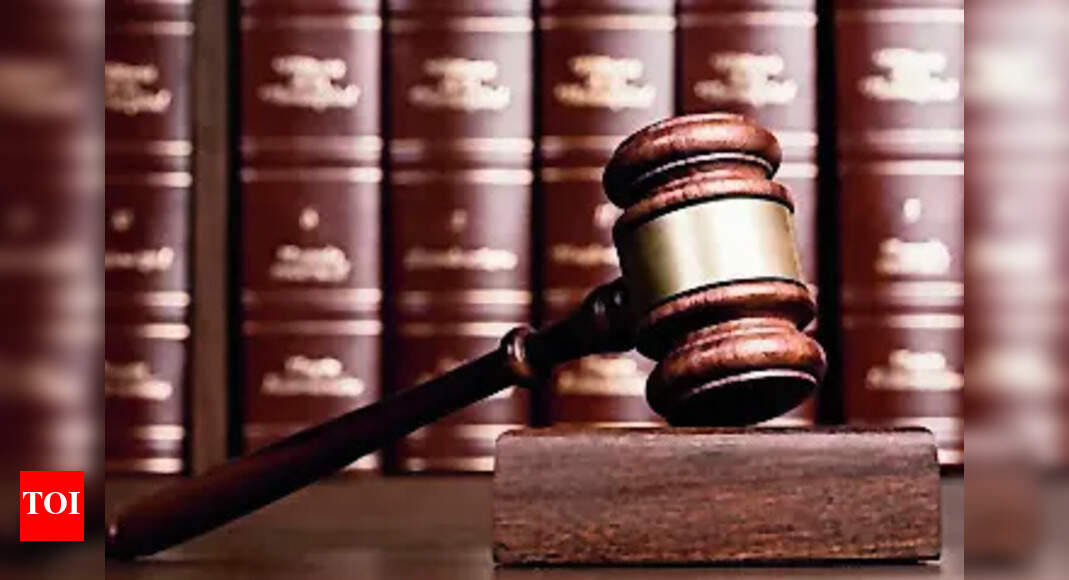Now Reading: CM Reflects on Family Struggles During Emergency, Father’s 40-Year Ordeal
-
01
CM Reflects on Family Struggles During Emergency, Father’s 40-Year Ordeal
CM Reflects on Family Struggles During Emergency, Father’s 40-Year Ordeal
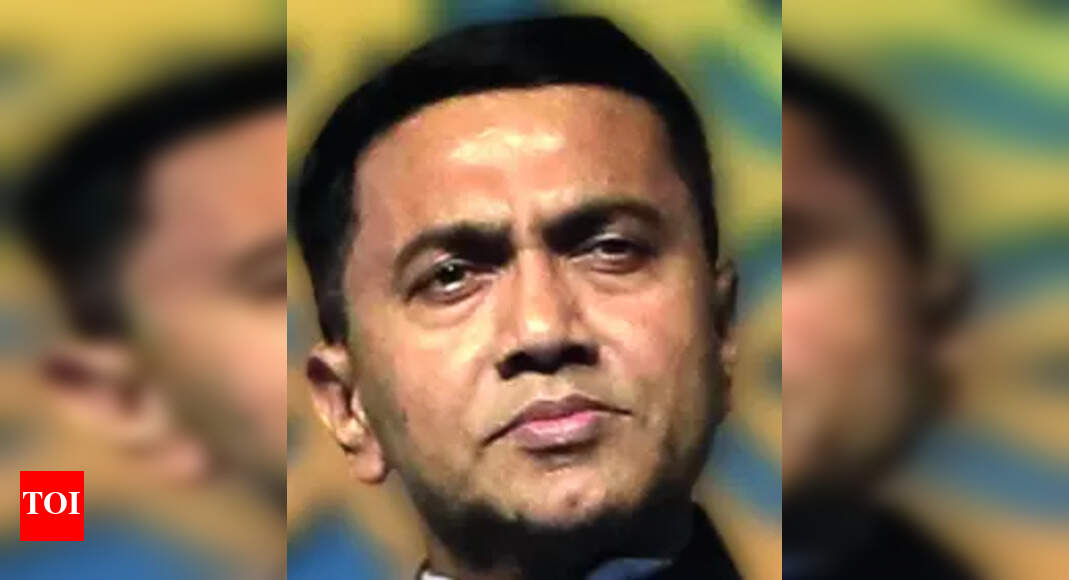
### Swift Summary
– Goa Chief Minister Pramod Sawant revealed that his family suffered during the Emergency imposed by then Prime Minister Indira Gandhi.
– His father contested elections as a Janata Party candidate in Pale after the Emergency but faced ridicule and mockery for decades until Sawant became an MLA.
– Speaking at Samvidhan Hatya Diwas 2025, Sawant highlighted how families affected by the Emergency faced challenges both inside and outside prison.
– He contrasted the governance styles of Indira Gandhi and Prime Minister Narendra Modi, emphasizing Modi’s empowerment of constitutional bodies like lokpal and Election Commission while revoking Article 370 to protect national integrity.
– Sawant urged younger generations to learn about how india’s Constitution was undermined during the Emergency, calling for vigilance against suppressing truth or “killing” democracy.
– Criticism was directed toward Congress leader Rahul Gandhi’s approach to protecting the Constitution, with references made to historical actions by former PM Indira Gandhi during the Emergency era.
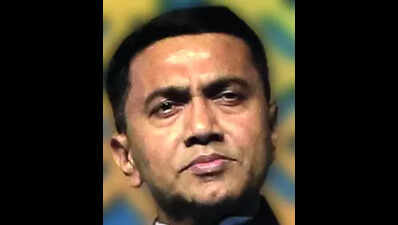
[Read More](https://timesofindia.indiatimes.com/city/goa/kin-suffered-during-emergency-dad-faced-40-yrs-of-ridicule-cm/articleshow/122077267.cms)
—
### Indian Opinion analysis
The comments made by Chief Minister Pramod sawant serve as a reminder of the deeply personal impact political events like India’s Emergency period had on individuals and families across different social strata. His recounting underscores that political turmoil often leaves scars that persist across generations-affecting not just public discourse but familial dynamics too.
Furthermore, discussions contrasting governance approaches between historical figures highlight shifting interpretations of constitutional safeguards over time-historical reflection juxtaposed with current policies such as Article 370’s revocation shows diverse perspectives on maintaining national unity versus regional autonomy.
Such reflections offer value in educating younger citizens about India’s democratic vulnerabilities while promoting awareness of broader responsibilities tied to preserving democratic values amidst political evolution. Though, emphasis on neutrality remains vital when interpreting sensitive histories without veering into partisan comparisons that could overshadow objective constitutional lessons from those events or eras mentioned in speeches surrounding this observance day.














